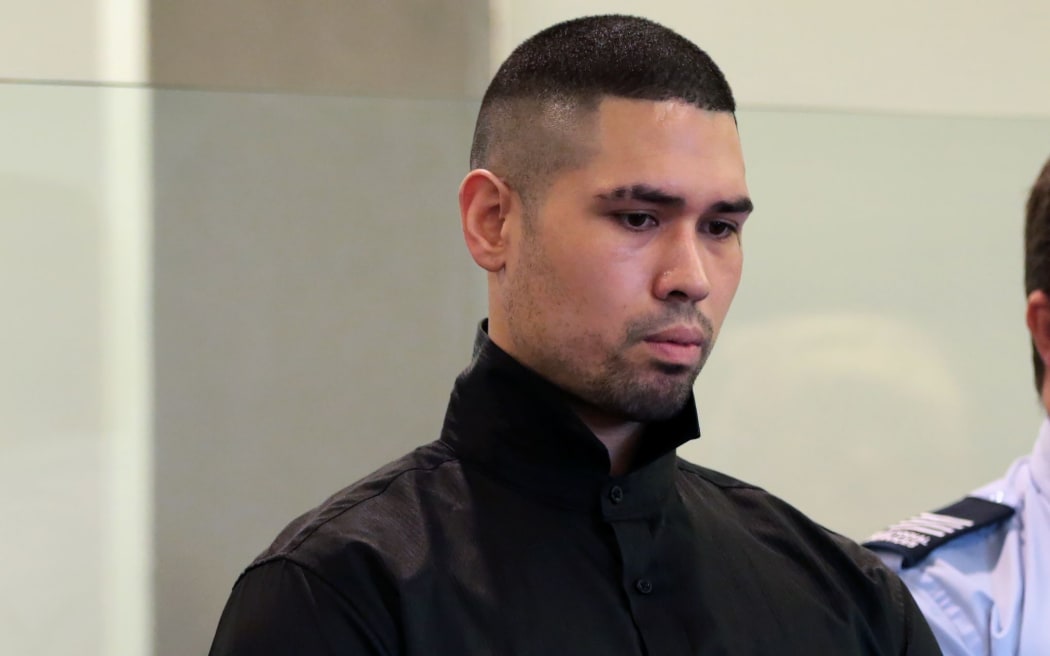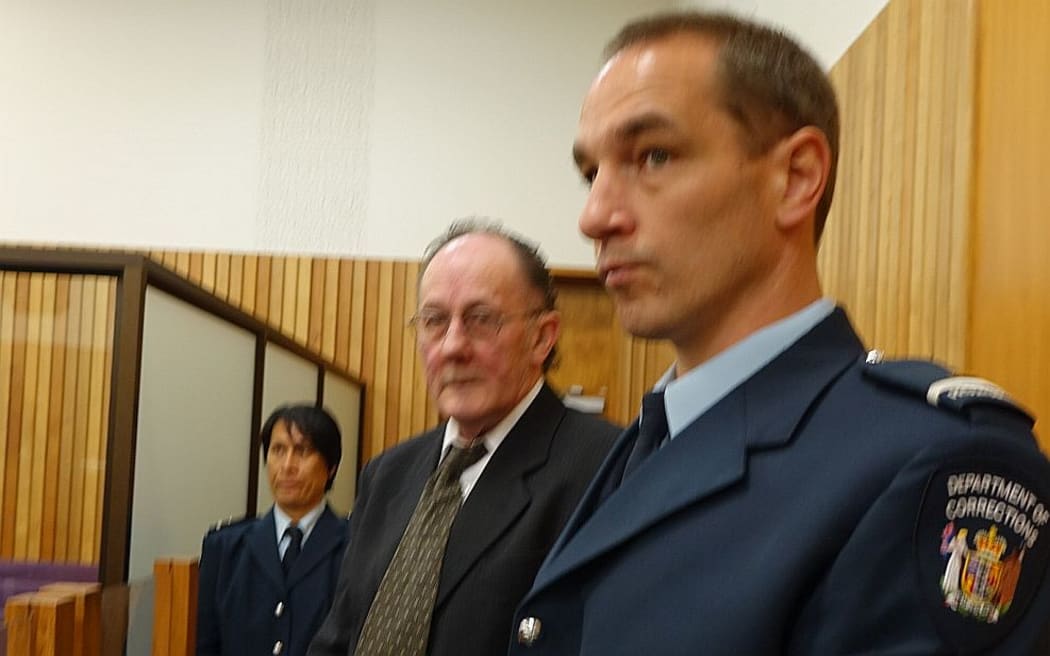A former police detective and the father of a murder victim are backing calls for preventive detention to be made an option for some offenders after they have completed a prison sentence.

Garth McVicar Photo: SUPPLIED
The Sensible Sentencing Trust wants the law changed, citing the case of Tony Douglas Robertson, who was convicted of raping and murdering Blessie Gotingco five months after his release from prison in 2013.
In 2005, Robertson had been convicted of abducting a child and sexually abusing her. The Crown had asked for preventive detention but the judge declined and sentenced him to eight years, which he served in full.
Sensible Sentencing Trust spokesman Garth McVicar said the law should be changed so people who show no sign of being rehabilitated by the end of their prison term can be kept in jail.
"People are saying, that's draconian or second guessing but no it's not," said Mr McVicar.
"Preventive detention just gives the tools if the offender is giving the fingers to the system and saying stuff you, you're going to have to release me.
"Under preventive detention they don't have to release the offender and it encourages the offender in my opinion to actually try and rehabilitate, otherwise they stay in prison."
Preventive detention is an indeterminate sentence; prisoners can be released on parole but remain managed by Corrections for the rest of their life and can be recalled to prison at any time.

Tony Robertson Photo: RNZ / Diego Opatowski
Clayton Weatherston was convicted of murdering Sophie Elliot at her parents' home in 2009.
Her father Gil Elliot said he supported the Trust's call for preventive detention, and said Weatherston should have received it.
"When Weatherston was sentenced to life in prison and then he was told it was 18 years, well that's not your life.
"I mean Sophie was given a life sentence and all other victims that are killed are given a life sentence, whereas the perpetrators are not given a life sentence, they're given a determined amount of time in prison and then they're let out," he said.
In order to get preventive detention, generally an offender has to have a track record of serious crime, such as multiple sex offences or murders.
Retired Detective Colin Mackay led the investigation into serial sex offender Stewart Murray Wilson.

Stewart Murray Wilson (centre) at the Whanganui District Court in 2014. Photo: RNZ / Robin Martin
Having been granted parole, Wilson now lives in a house on the grounds of Whanganui Prison, is monitored by GPS and is supervised if he leaves the house.
Mr Mackay said Wilson should have been given preventive detention.
"He never accepted responsibility for anything he did and to the best of my knowledge still hasn't all those years later.
"And of course because he didn't he refused to take any sort of treatment that is always made available to people serving custodial sentences for those sort of sex crimes," he said.
But Justice Minister Amy Adams appeared to be in no rush to change sentencing laws.
"Our system of justice impose sentences in the court at the time the end of the trial - that is the judges discretion," she said.
"The option of preventive detention was certainly available in this case [of Tony Robertson in 2005]. It wasn't chosen by the judge sitting as the appropriate option.
"But I think it would be a significant departure from our legal framework to start changing the rules of the sentence as the sentence concludes, those matters have to be assessed by the judge at the time of sentencing."
Meanwhile, Corrections Minister Sam Lotu-Iiga has ordered an independent review into how Tony Robertson was monitored after his release from jail.




